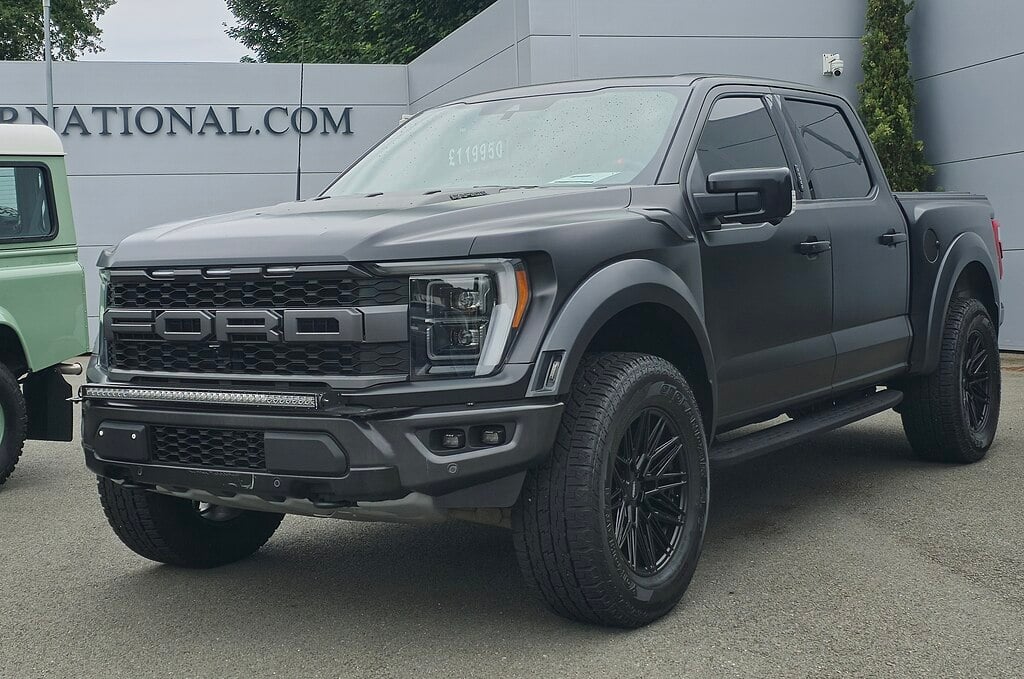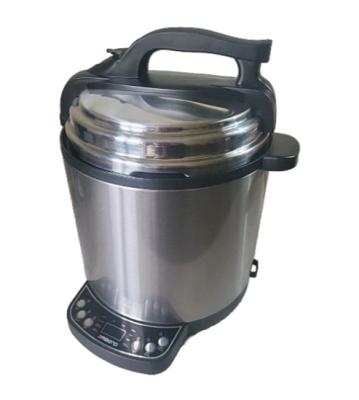Ford Motor Company faces mounting pressure over defective EcoBoost V6 engines, leading to a class-action lawsuit and multiple vehicle recalls. The intake valves in these engines can crack and break, potentially causing engine failure and raising serious safety concerns.
The lawsuit, filed in Michigan’s US District Court, demands over $5 million in damages. Two vehicle owners, Matthew Barkus and Dan Silberman, state they weren’t informed about the engine problems before purchase. The defect affects popular vehicles made between 2021 and 2022, including the Ford Bronco, F-150, Edge, Explorer, and Lincoln models Navigator and Aviator.
Similar Posts
Ford previously dealt with a $1.3 billion lawsuit over its three-cylinder EcoBoost engines after drivers reported sudden failures and fires. In one case, driver Louise O’Riordan experienced a complete engine seizure on the highway after 32,000 miles.
Ford’s response includes recalling 270,000 vehicles and offering a longer warranty – up to 10 years or 150,000 miles. Dealers inspect vehicles and replace engines based on cycle thresholds. The company has established a reimbursement plan for owners who paid for repairs before the recall.
But engine troubles aren’t Ford’s only challenge. The company recently announced three more recalls: approximately 20,000 compact SUVs for battery problems, nearly 50,000 Lincoln Nautilus vehicles for faulty power windows, and more than 30,000 various models for backup camera failures. Each problem poses unique safety risks, from possible crashes to injury hazards.
Interesting Stories
Under U.S. law, specifically the Car Lemon Law, buyers of defective vehicles can demand repairs, refunds, or replacements. The National Highway Traffic Safety Administration (NHTSA) actively watches these issues, ensuring Ford follows through on fixing these problems.

Ford CEO Jim Farley acknowledges these challenges, stating the company’s commitment to addressing these issues and maintaining customer trust. However, with multiple recalls and lawsuits pending, Ford faces a long road to proving its vehicles’ reliability and safety to concerned owners.


















